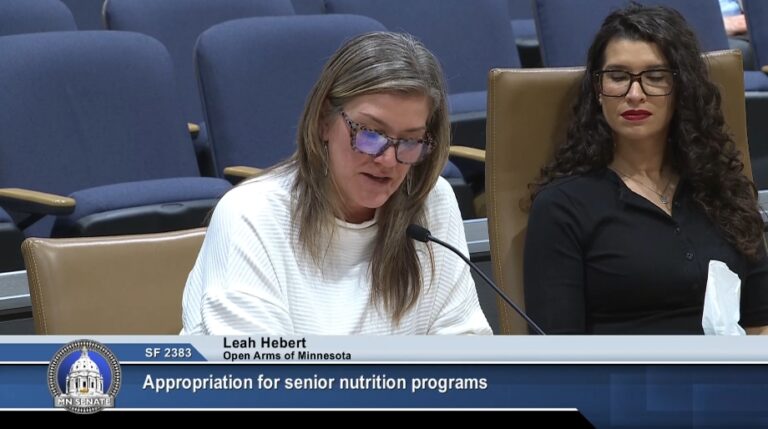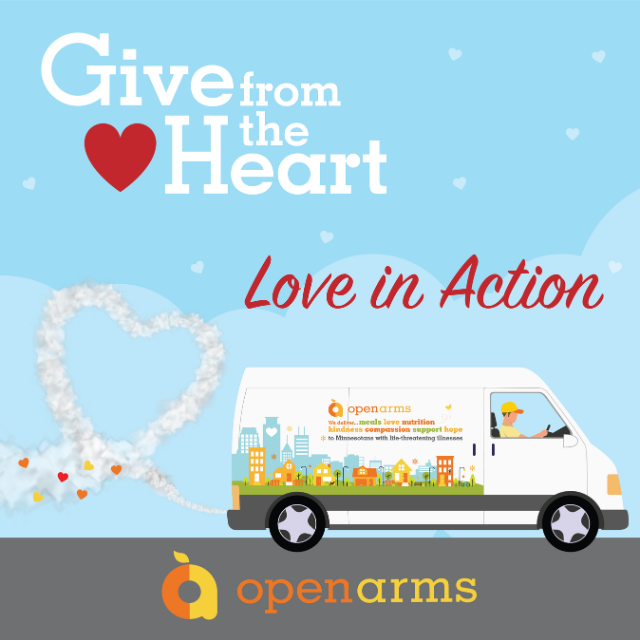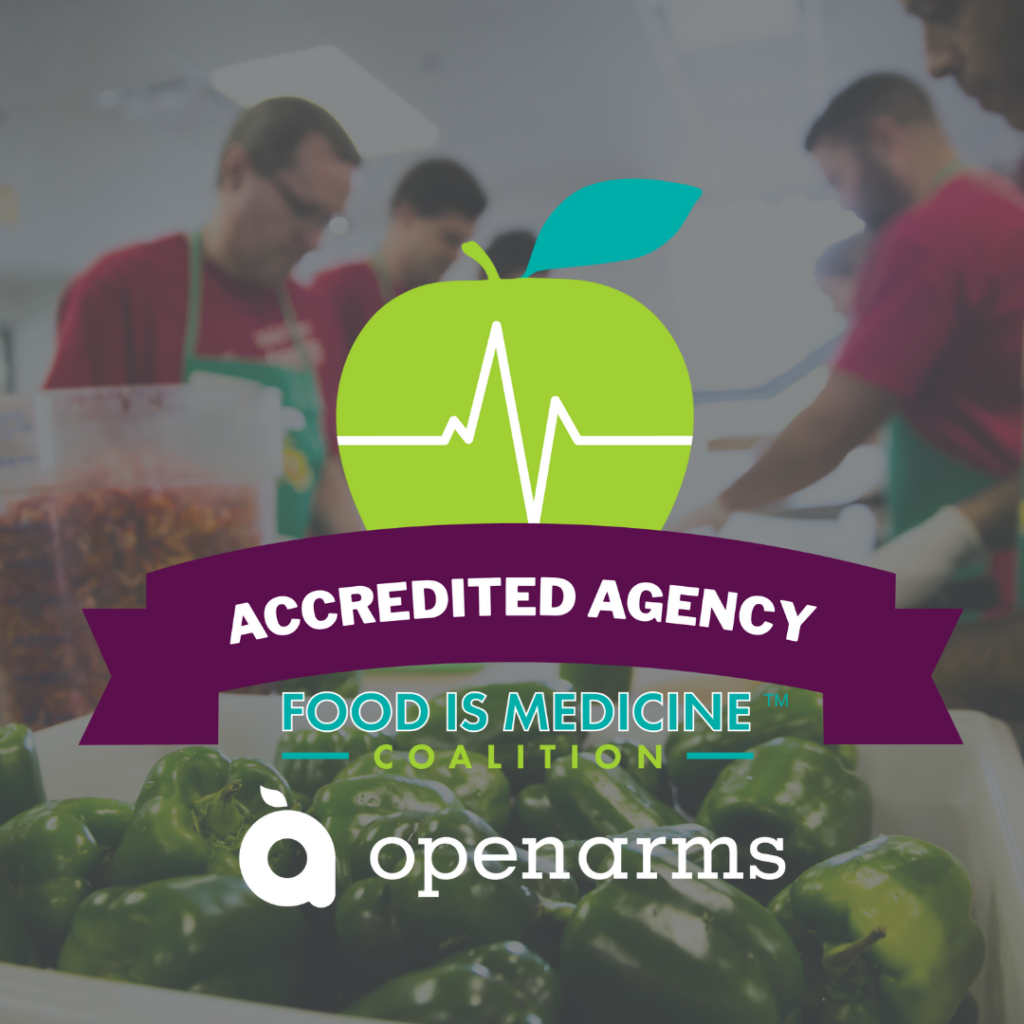by Gwen Hill, MS, RD, LD
National Nutrition Month continues to forge on! In week three, we challenge you to vary your proteins and switch to low-fat or fat-free dairy products.
Most of us know that protein is found in various types of food — from animal meat to plant sources. Did you know there is a difference between these proteins? Let’s take a quick look at protein…
Protein is made up of amino acids which are classified in two groups, essential and non-essential. The body is not able to make essential amino acids; therefore, we must get them through food. Meat, dairy and quinoa contain all the essential amino acids our bodies need, making them a “complete protein.” Though quinoa is a complete protein, most other plant sources do not contain all of the essential amino acids, so they are not complete proteins. They must be paired with other foods at some point in the day to complement the amino acid profile to make a complete protein. Here are common pairs and examples:
- Grains and beans/legumes: rice and beans, vegetarian chili with bread
- Grains with nuts/seeds: peanut butter on toast, breadsticks with sesame seeds
- Beans/legumes with nuts/seeds: Hummus (chickpeas and sesame paste)
Why is it so important to get complete proteins? Amino acids are the building blocks of the body. They are a part of every cell, tissue, and organ. Protein is an important part of the diet because it provides the amino acids that the body needs for growth, repairs and replacing tissues. By eating complete proteins, we ensure that our body has all of the building blocks it needs to heal and grow.
Most people need around 50-70g of protein per day, so eating protein at every meal is a good way to ensure you get the recommended amount. Try a variety of proteins to keep your diet interesting! Here are some ideas:
- Seafood/fish: these provide an excellent source of omega-3’s, which help decrease inflammation in the body. This is beneficial for heart health, joint pain and skin appearance.
- Lean meat: try chicken, turkey, lean ground meat, tenderloin cuts of beef and pork. A 3-oz. serving of meat (about the size of a deck of cards) has about 21g of protein.
- Plant sources: beans, legumes and nuts provide fiber as well as protein! Half a cup of legumes has about 7g of protein.
- Dairy: milk and yogurt contain a great source of protein. They are also a wonderful source of calcium and other minerals to help keep your bones strong and body healthy. One cup of milk or yogurt has about 7-11g of protein. If you are lactose intolerant, try lactose-free milk or a calcium-fortified soy or almond milk.
- USDA MyPlate Recommendation: eat and drink low-fat dairy products. You will still get all of the protein and calcium your body needs without the extra saturated fat. This means lower calories and less damage to your cardiovascular system.
This week we’ve got two recipes that use alternative protein sources to help you get the protein you need. Plus, they’re delicious! See the recipes>>








